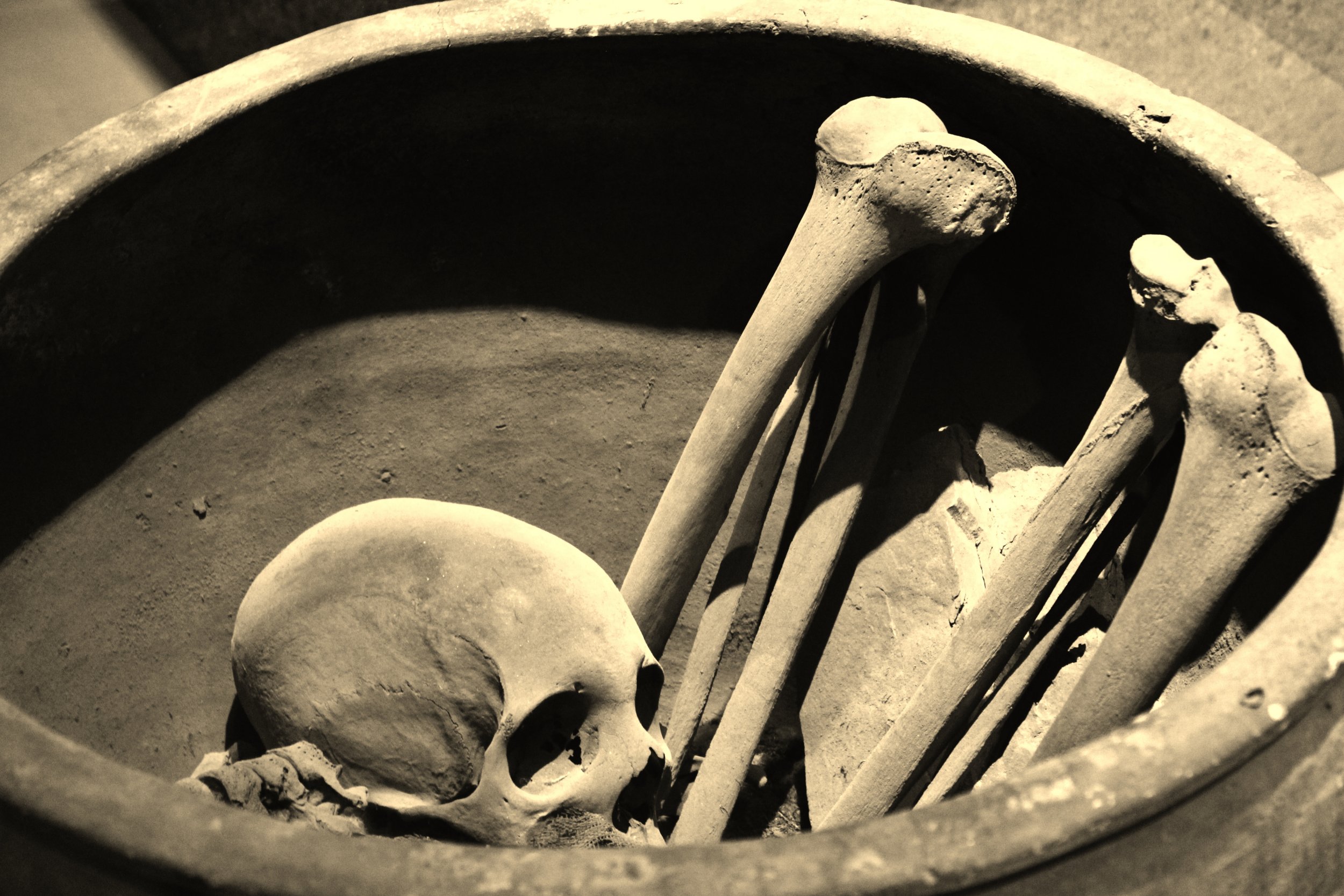
The neck bones of Cody Saunders, who died on his 24th birthday and whose parents donated his body to science, cost two Reuters journalists just $300 and shipping.
The journalists aren't doctors, or forensic pathologists, or anatomy teachers, and the company that sold it to them never asked if they were. They didn't have to ask. There's no federal U.S. law that requires that you have any title, certification, or paperwork to own, buy, sell, or do almost anything you want with human remains, as long as they're not Native American or for transplant.
While many bodies donated to science end up being invaluable tools for research and learning, there's no guarantee. They could go to just about anyone without your loved ones knowing.
There are a few states in which the human remains trade is regulated, including, as of last year, Louisiana. However, other state laws are vaguely-worded or non-existent, and there is a thriving marketplace that makes it easier to buy a human skull than a Kinder Egg in the United States.
Currently, you can buy human remains on several retail websites, such as The Bone Room, Zane Wylie's RealHumanSkull.com, and Skulls Unlimited. Skulls Unlimited, which is the "the world's leading supplier of osteological specimens," told National Geographic that they only sell recent-donor bones to bonafide medical and education professionals, but anyone can buy antique specimens. There's also no federal law stopping the medical professionals from re-selling the remains to whomever.
You can also buy them on several popular websites like Amazon, Facebook, and Instagram. Instagram is so popular for bone sales that archaeologists conducted a study to determine what were the most popular hashtags that people would use to sell their wares.
Some websites have their own bans in place, such as Etsy, which doesn't allow sales of human remains except for teeth and hair. In August of 2016, eBay banned the sale of real human body parts, with the exception of scalp hair, in its marketplace. Notably, human skulls still pop up occasionally on eBay, and there are still several listings for human teeth.
For many years before the ban, eBay's official policy was that you could sell clean, articulated (pinned and hinged) human remains "for medical purposes," but did not require vetting. EBay issued the ban after a study found that 56 out of the 454 skulls listed over seven months were "archaeological or forensic," meaning non-medical.
Cody Saunders' parents, for their part, were not happy that their son's body parts were sold for profit to whoever wanted it, when they thought they were donating to science, according to the Reuters special investigation into the trade of human donor remains. However, this industry is integral to studying anatomical sciences and advancing medicine. People who trade human bones as oddities or art feel as though these older, retired bones deserve to be appreciated, not destroyed or cast aside. The question of where to draw the line in ethics—and law—is up for debate.
Uncommon Knowledge
Newsweek is committed to challenging conventional wisdom and finding connections in the search for common ground.
Newsweek is committed to challenging conventional wisdom and finding connections in the search for common ground.
About the writer
Kristin is a science journalist in New York who has lived in DC, Boston, LA, and the SF Bay Area. ... Read more
To read how Newsweek uses AI as a newsroom tool, Click here.








